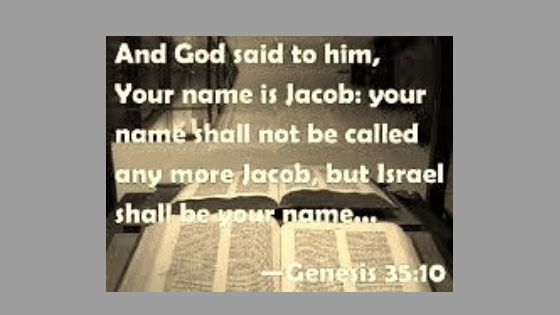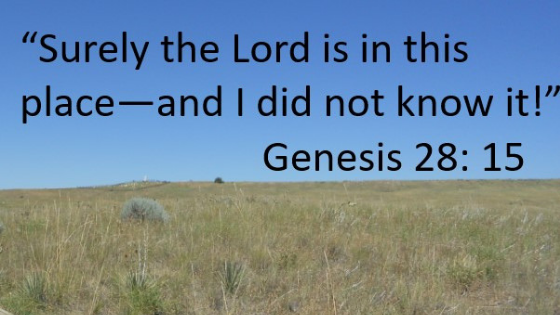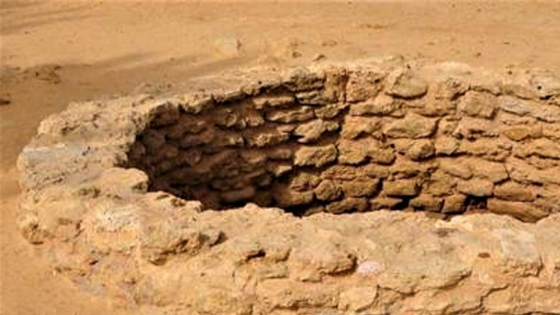
Shabbat Table Talk
Parashat Behar/Bechukotai – Erev Shabbat 11 May 2018
Week of 6-12 May 2018
Torah portion: Leviticus 25:1-27:34 Haftarah: Jer 16:19-17:14
There are two powerful themes in Behar. One is that the land belongs to the lord: “for the land is Mine; you are but strangers resident with Me.” (Lv 25:23). The other is that the status quo should not be allowed to last. Every seventh year the fields are to lie fallow; every fiftieth year is a jubilee year, in which the land lies fallow, land that has been sold is returned to the original owner, and Israelite slaves are freed.
Both these themes occur throughout the Bible. Its very first verse tells us that “in the beginning the lord created the heavens and the earth.” Creation belongs to the Creator. And the idea that the lord lifts up the lowly and deposes the mighty appears throughout, e.g. in the Psalms, in the prayer of Hannah (1 Sam 2:4-8) and in the song of Mary (Lk 1:51-53): “You have deposed the mighty from their thrones/and raised the lowly to high places; You have filled the hungry with good things/and the rich you have sent away empty.”
To what extent the laws of the jubilee year were actually carried out is a matter for scholarly debate. And no wonder—they ask a lot from human nature. To judge from the world today, we seem to have trouble accepting that “the earth is the lord’s” (Ps 24:1) As individuals we think ‘this land is mine’ and as citizens of nations ‘this land is ours’. Yet in the world today there are more than 20 million displaced people, about one-quarter of them from Syria. They no longer have a land to call their own. Nations vary in how they have responded to this humanitarian crisis. Some have shown remarkable generosity in welcoming refugees; others have not. What lies behind the reluctance to welcome refugees seems to be the fear that the host nation will be altered for the worse. But if we really believe that the whole world, including our part of it, belongs to God, how can we leave people in refugee camps and deny them a decent place to live in the world God has made for all?
Many people are happy to fill the hungry with good things but not to such an extent that we ourselves are sent away empty. In “We give thee but thine own,” Karen Hamilton, a minister of the United Church of Canada, uses Torah (Dt 26:1-11) in her powerful condemnation of measured generosity, in which the haves give a little so that the have nots can have a bit more:
It is the very first of all the fruits and crops of the land that the people are to bring before God in thanksgiving…. In a time and place in which agriculture was often at subsistence level, when famine often lurked just around the corner, it was significant to give in this way…. Some of our ancestors in the faith, not too many generations back…gave like that; they gave to God through the church the first of what they had. Today, those of us who respond in praise and thanksgiving, tend to give to God—through the church or through other important routes in our society—not the first of all we have and make, but rather the last, the leftover, the excess. As a nation, we [Canadians] are unwilling to give in foreign aid to the starving, dying peoples of the world—even 0.7% of our gross national product, something that our country originally proposed would be a way to heal God’s hurting children of the world. It is a scandal.
Reflection: Think about how you as an individual and how your country could give more. What would you be prepared to give up? How would you respond to those who say a nation should look after its own people?
Bibliography: Hamilton, Karen A. The Acceptable Year of the Lord: Preaching the Old Testament with Faith, Finesse and Fervour (Novalis, 2008), p. 253
This week’s teaching commentary is by
Anne Morton, Winnipeg, Canada
Bat Kol alum 2010
Email: anmorton@mymts.net
[Copyright © 2018]
…………………………………………………
PLEASE NOTE: The weekly Parashah commentaries represent the research and creative thought of their authors, and are meant to stimulate deeper thinking about the meaning of the Scriptures. While they draw upon the study methods and sources employed by the Bat Kol Institute, the views and conclusions expressed in these commentaries are solely those of their authors, and do not necessarily represent the views of Bat Kol. The commentaries, along with all materials published on the Bat Kol website, are copyrighted by the writers, and are made available for personal and group study, and local church purposes. Permission needed for other purposes. Questions, comments and feedback are always welcome.
…………………………………………………
Bat Kol Institute for Jewish Studies, Jerusalem
~~1983–2018~~
“Christians Studying the Bible within its Jewish milieu, using Jewish Sources.”
Website: www.batkol.info; Parashat Admin: gill@batkol.info



